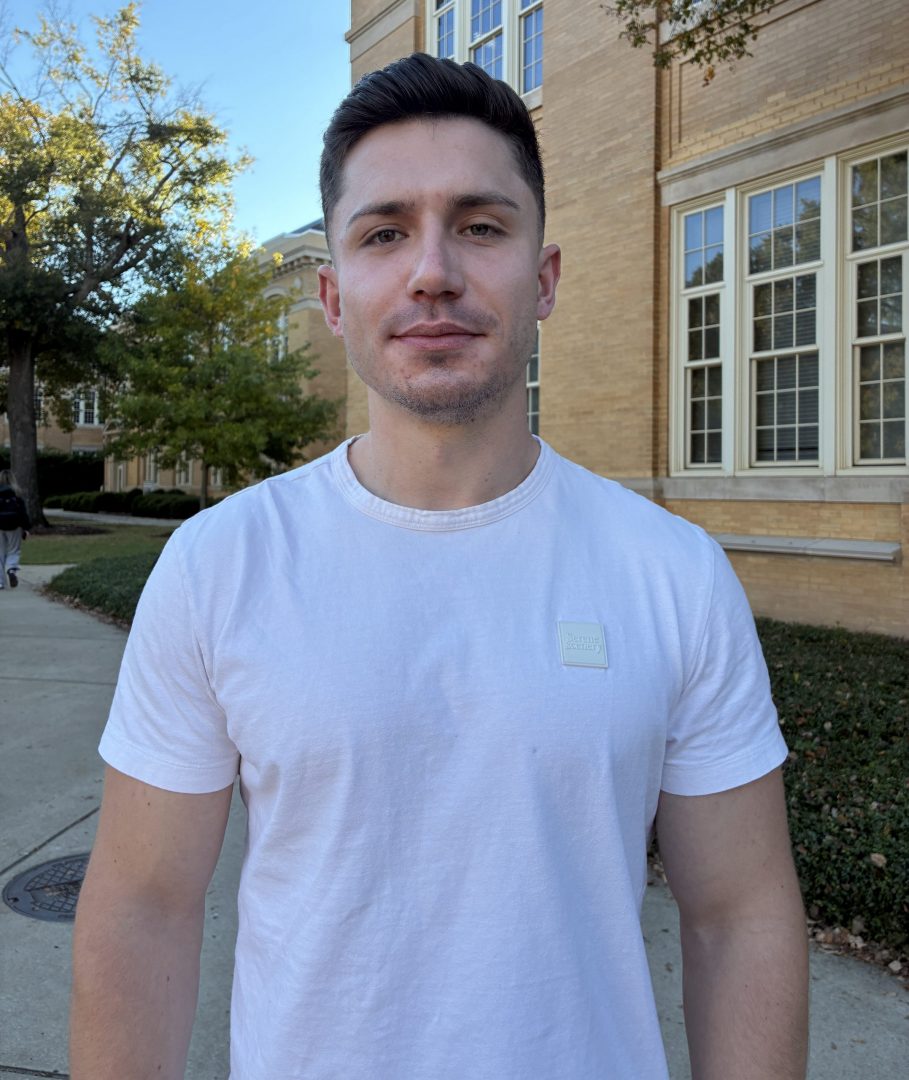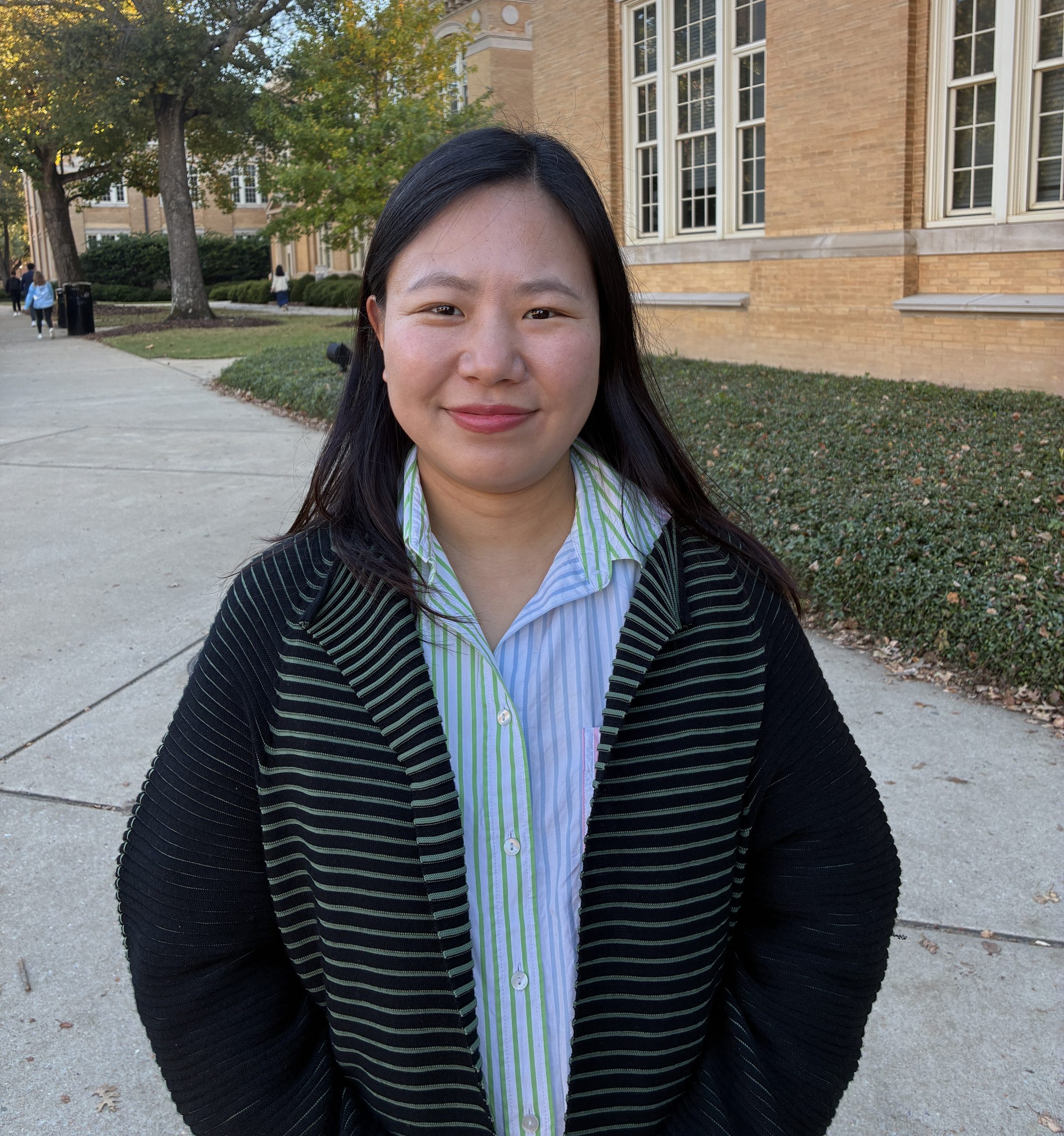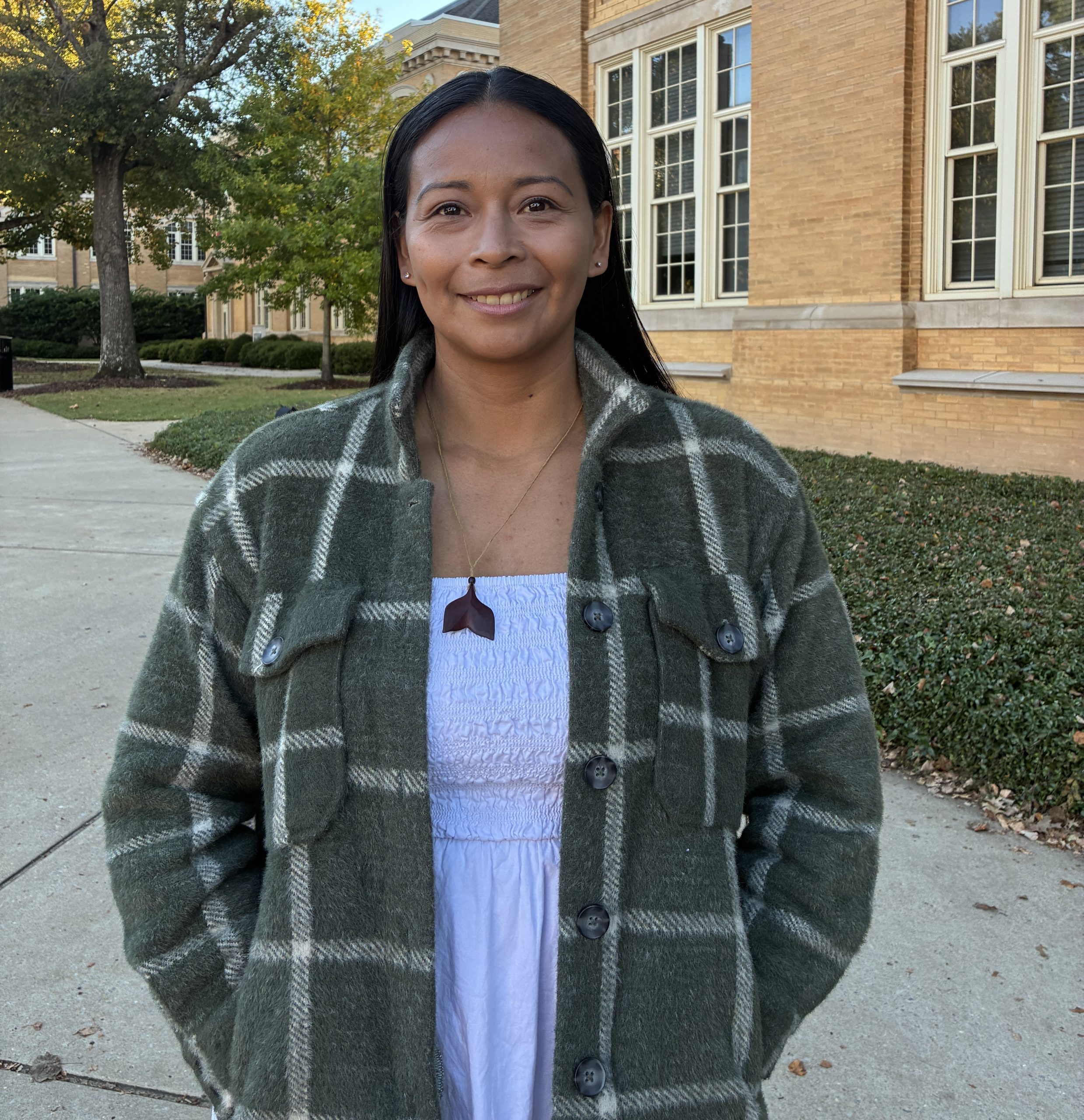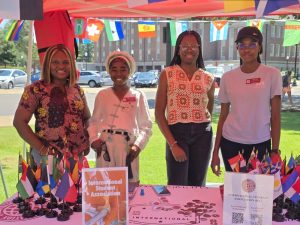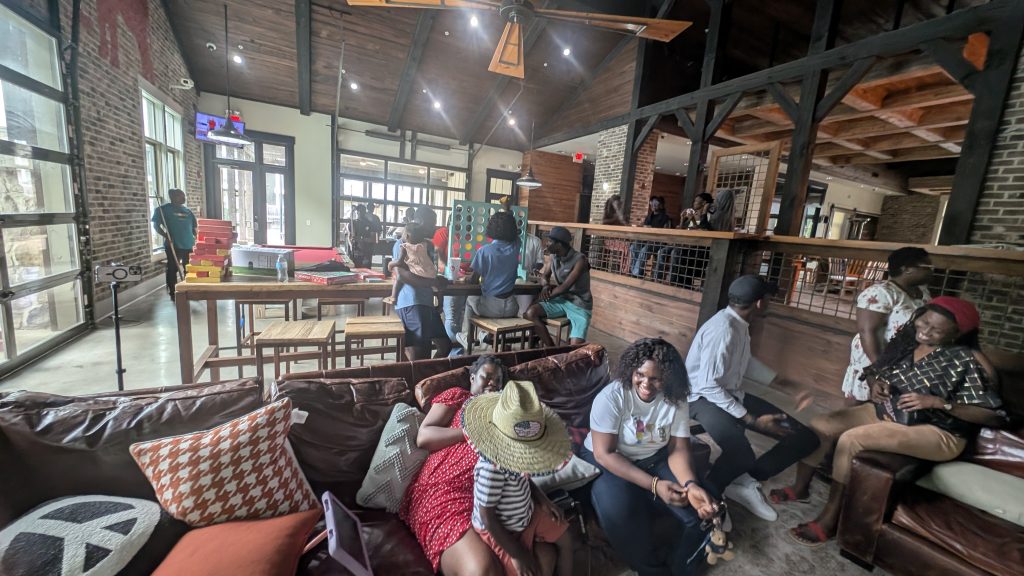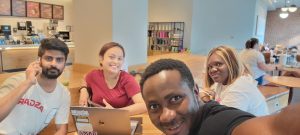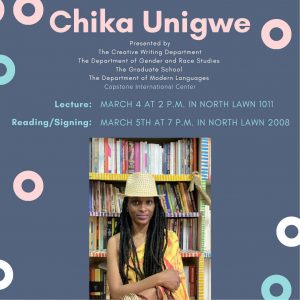The University of Alabama not only offers countless enriching learning opportunities on campus but can also help students find empowering experiential learning endeavors around the globe.
Zachary Cole, a junior from Madison who is majoring in mathematics with a minor in actuarial science, had a strong desire to learn and travel the globe. So much so that his first trip abroad would be his first time on an airplane.
Cole worked closely with UA’s Education Abroad and External Scholarships and Fellowships offices to secure awards that have allowed him to achieve his goals of studying abroad. He offered some words of wisdom to those who are considering education abroad.
What sparked your interest in seeking study abroad scholarships?
My interest in study abroad awards stemmed from both a financial need and strong desire to experience learning in an international setting. I knew that studying abroad would provide invaluable academic and personal growth, but cost was a major factor. Discovering scholarships through Education Abroad and External Scholarships and Fellowships gave me the confidence to pursue these opportunities.
What was your first education abroad experience?
I traveled to Japan through the Gilman Scholarship, alongside a few other scholarships, through UA, which made the experience possible. During my time in Japan, I took courses both in religion and popular culture.
Through this, I had the chance to immerse myself in the culture, history and language. One of the highlights was visiting significant cultural sites such as Meiji Jingu Shrine, which deepened my understanding of Japan’s traditions.
What was it like having your first experience on an airplane be an international trip?
The experience was both exciting and stressful. Navigating massive airports like Atlanta and Haneda Airport in Tokyo without any prior experience was definitely a challenge, but in the end, it was completely worth it.

How has studying abroad made an impact on your life?
Studying abroad has significantly enhanced my time at UA by broadening my academic perspective, helping me develop a more global mindset and connecting me with so many amazing people. It also strengthened my adaptability, problem-solving skills and cross-cultural communication skills that will benefit me both personally and professionally.
Do you have any additional education abroad trips planned?
I have been selected for the Frederick Douglass and Daniel O’Connell Global Internship program, which will take me to Dublin, Ireland, for eight weeks. As a Douglass-O’Connell Global intern, I will complete academic coursework, immerse myself in my Irish work placement, participate in all program activities, and actively engage with instructors and peers throughout the experience.
How have UA’s Education Abroad and External Scholarships and Fellowships offices helped along the way?
I worked closely with both offices, which were incredibly helpful throughout the process. They guided me through applications, provided resources and ensured I had everything I needed for a successful experience.
What advice would you give to any student who may be considering studying abroad?
I would encourage them to take the leap. The experience is life-changing, and there are so many resources available to make it financially feasible.
Start researching early, apply for as many scholarships as possible and don’t hesitate to reach out to UA offices for guidance. It’s an opportunity that truly transforms your education and worldview.
Students interested in experiential learning opportunities abroad can contact the Education Abroad office or Office of External Scholarships and Fellowships to get started.




